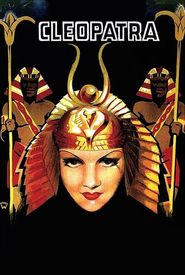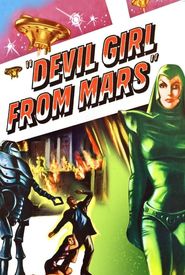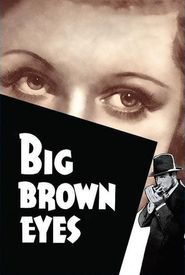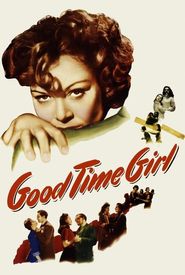Scottish-born David MacDonald embarked on his cinematic journey in the United States, where he received valuable training under the esteemed guidance of celebrated producer and director Cecil B. DeMille, who hired him in 1929 as a production assistant. Following his apprenticeship, MacDonald returned to his homeland in 1936 and swiftly directed a dozen "quota quickies," a series of films hastily produced to meet the British government's requirement that a certain percentage of films shown in the United Kingdom had to be made by British companies.
As his reputation began to take shape, MacDonald achieved notable success when he collaborated with Barry K. Barnes on a series of comedies. However, it was during World War II that he truly made his mark, joining the Crown Film Unit and producing and directing a plethora of propaganda war documentaries, including the critically acclaimed "Men of the Lightship" (1941),as well as producing two award-winning documentaries by director Roy Boulting, "Desert Victory" (1943) and "Burma Victory" (1946).
Following the war, MacDonald's postwar career commenced with the gripping thriller "Snowbound" (1948),which unfortunately gave way to the disappointing "Christopher Columbus" (1949),a film that received widespread criticism for its leaden, talky, and slow pacing. This production's commercial and critical failure significantly impacted MacDonald's career, which subsequently consisted mostly of directing "B" pictures and television episodes, including thrillers and comedies, with the occasional "A" movie.
Notwithstanding his career's decline, MacDonald is still remembered for his notorious and campy sci-fi drama "Devil Girl from Mars" (1954),which has since become a cult classic.






































